Can A Chromebook Be Used As A Monitor
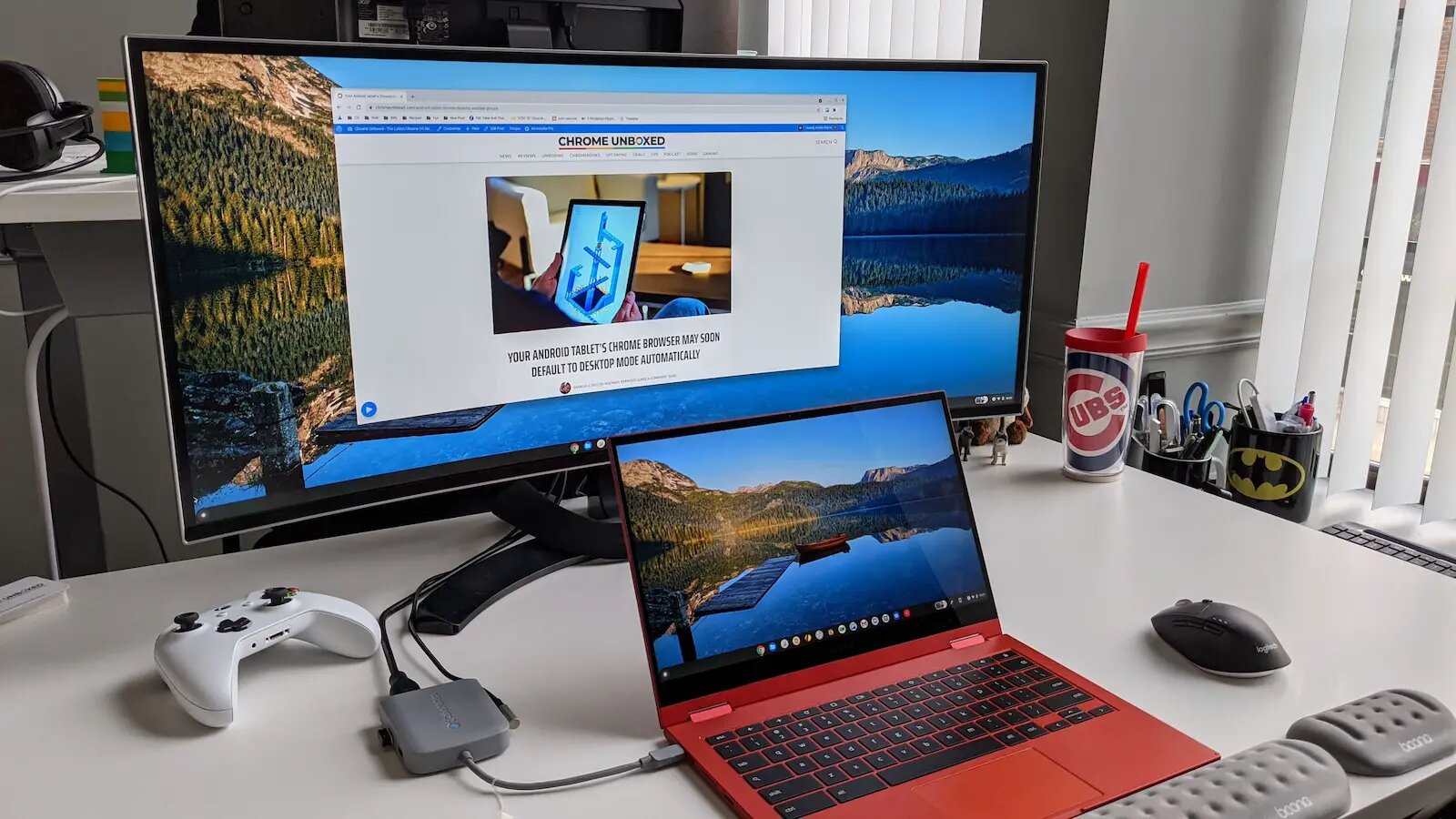
The question of whether a Chromebook can serve as a secondary monitor has been circulating among tech enthusiasts and budget-conscious users. While traditionally designed for cloud-based tasks, resourceful users are exploring alternative functionalities for these devices.
This article investigates the possibility of repurposing a Chromebook as an external display, exploring available methods, limitations, and potential implications for Chromebook users.
Chromebooks: Beyond Cloud Computing
Chromebooks, known for their simplicity and affordability, primarily function as thin clients, relying heavily on internet connectivity for accessing applications and data. However, their hardware capabilities, including display screens and processing power, have sparked interest in alternative uses.
The core question is: can these devices be transformed into secondary monitors for desktops, laptops, or even other Chromebooks? The answer, while not a straightforward "yes," involves a combination of software solutions and hardware compatibility.
Methods of Transformation: Software Solutions
The most common approach involves utilizing third-party applications or software solutions designed for screen sharing or virtual displays. Several apps available on the Google Play Store offer functionality that allows mirroring or extending a primary device's screen onto the Chromebook.
Examples include applications that use protocols like VNC or Remote Desktop Protocol (RDP). These apps essentially stream the display output from the main device to the Chromebook's screen.
However, the effectiveness of these methods hinges on several factors, including network bandwidth, processing power of both devices, and the specific software's capabilities. Latency issues, where there is a noticeable delay between actions on the primary device and their appearance on the Chromebook, can be a significant drawback.
Hardware Considerations and Limitations
Not all Chromebooks are created equal when it comes to functioning as secondary monitors. The availability of appropriate ports, such as HDMI or DisplayPort, is a crucial factor.
Many Chromebooks lack video input ports, making a direct hardware connection impossible. Consequently, wireless solutions or software-based approaches become the only viable options.
Furthermore, the display resolution and refresh rate of the Chromebook's screen will impact the overall experience. A low-resolution display might not be suitable for tasks requiring detailed visuals, such as graphic design or video editing.
Impact and Use Cases
If implemented successfully, repurposing a Chromebook as a monitor can offer several advantages. It provides a cost-effective solution for expanding screen real estate, particularly for users on a budget.
Students, writers, and anyone who benefits from having multiple windows open simultaneously can benefit from this setup. Consider a student using a Chromebook as a reference screen while writing an essay on a laptop.
However, users should be aware of potential limitations, including latency issues and reliance on a stable network connection. The experience might not be as seamless as using a dedicated external monitor.
"While not a perfect solution, using a Chromebook as a monitor can be a viable option for certain users and use cases," says David Lee, a tech blogger who has experimented with various screen-sharing methods.
Future Developments
As Chromebooks become more powerful and versatile, the possibility of native support for monitor functionality could increase. Future updates to ChromeOS might incorporate features that streamline the process of using a Chromebook as an external display.
This could involve improved screen mirroring protocols or support for DisplayPort Alternate Mode (DP Alt Mode) via USB-C, allowing for direct video output.
The ongoing development of software solutions and the increasing capabilities of Chromebook hardware suggest that the dream of a Chromebook monitor may soon become a more readily accessible reality.
Ultimately, the feasibility of using a Chromebook as a monitor depends on individual needs, technical expertise, and willingness to experiment with different software solutions. While challenges exist, the potential benefits make it a worthwhile exploration for resourceful users.
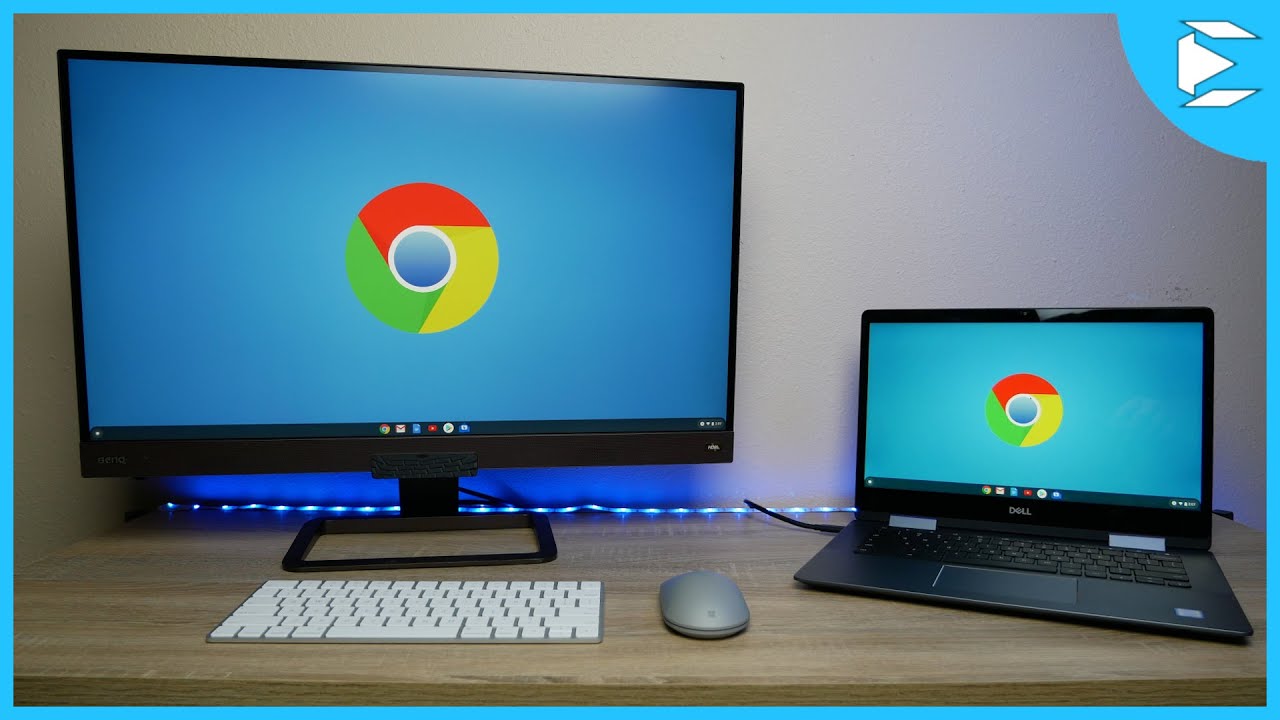
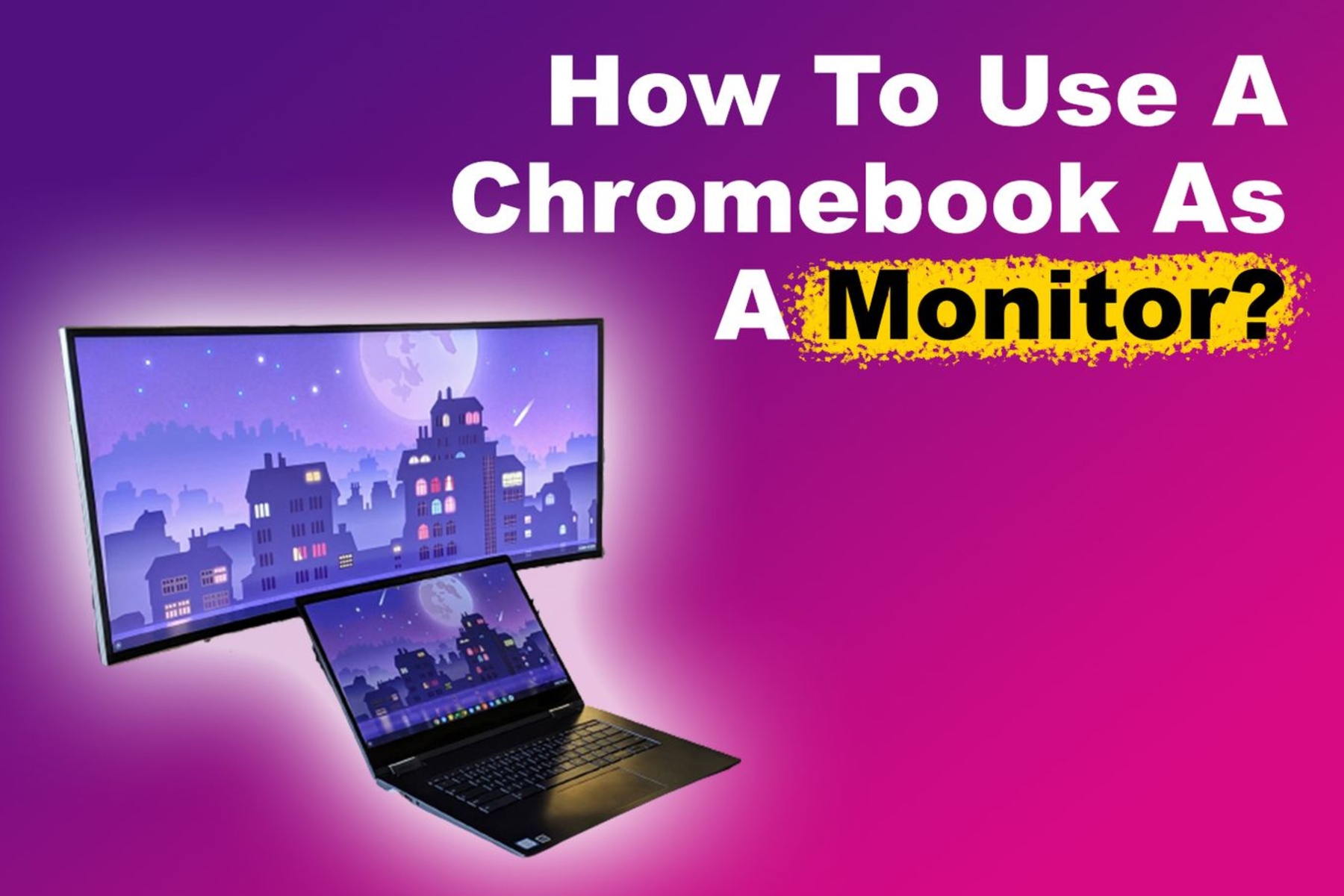
![Can A Chromebook Be Used As A Monitor How to Use a Chromebook as a Monitor [ 5 Easiest Ways ] - Alvaro Trigo](https://alvarotrigo.com/blog/assets/imgs/2022-12-23/screen-sharing-method-spacedesk-chromebook.jpeg)
![Can A Chromebook Be Used As A Monitor How to Use a Chromebook as a Monitor [ 5 Easiest Ways ]](https://img.youtube.com/vi/x-MqE5d8ASc/sddefault.jpg)
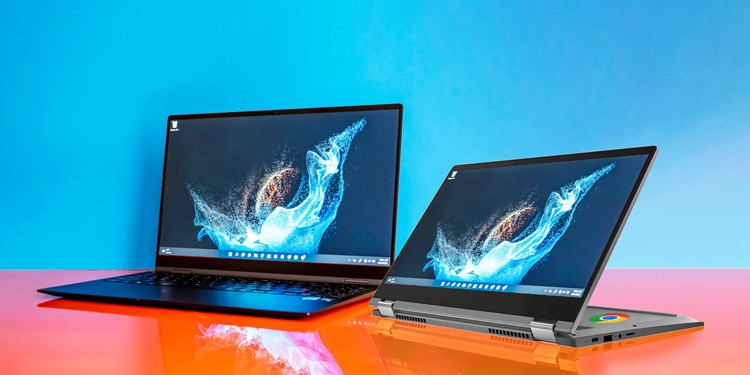


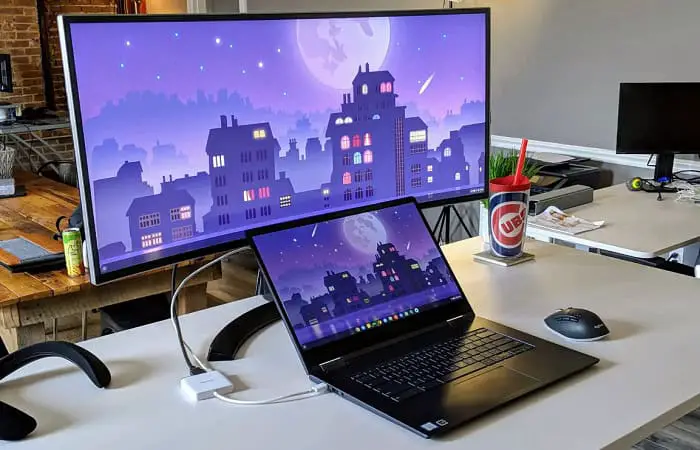
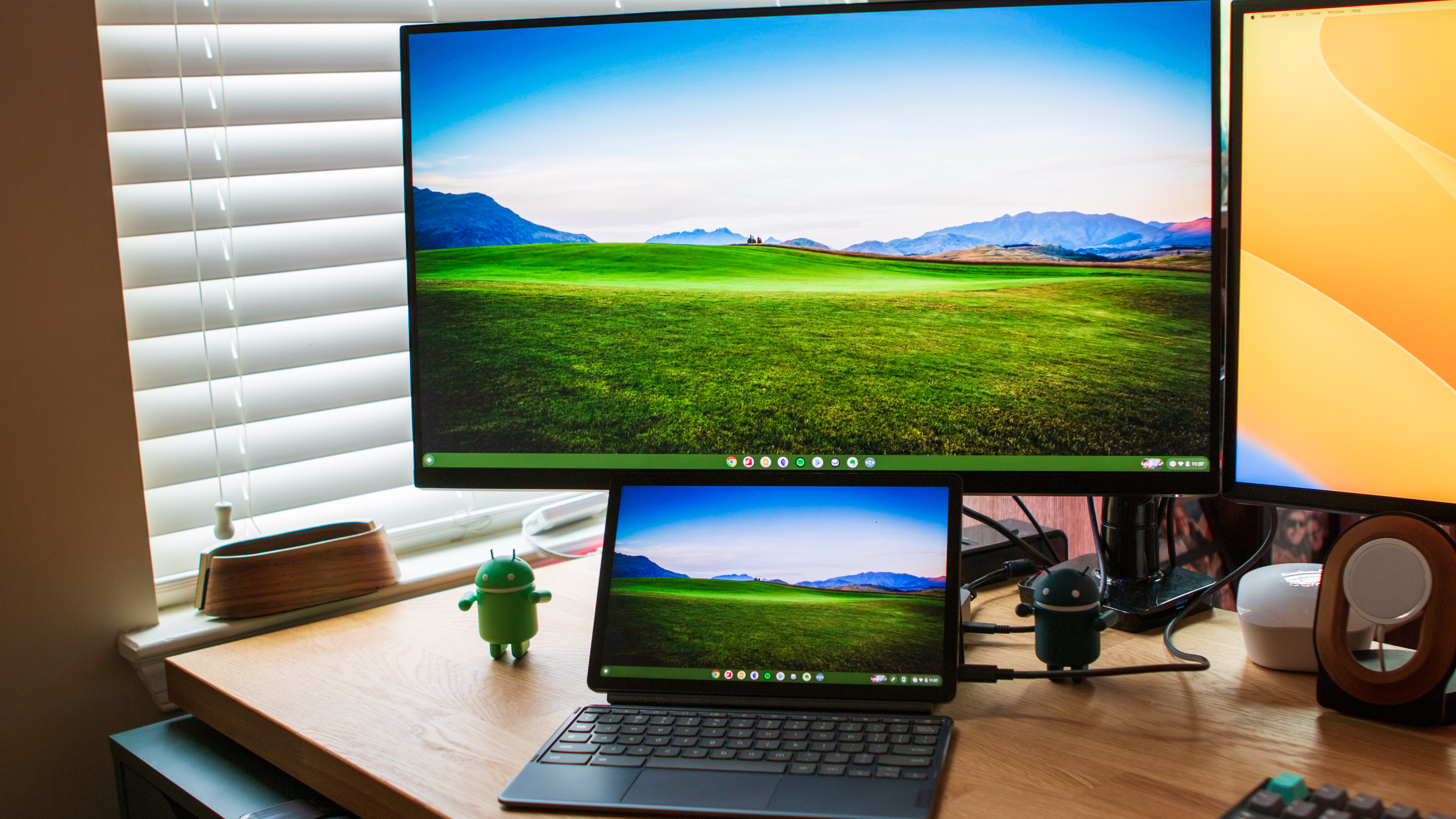


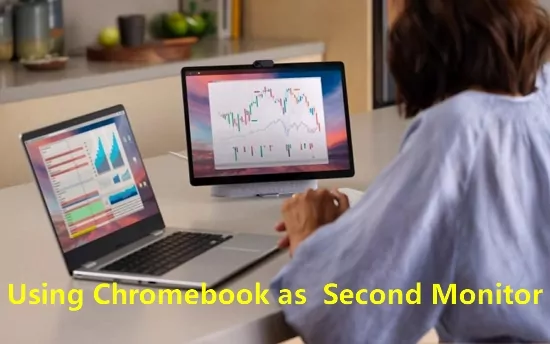

![Can A Chromebook Be Used As A Monitor How to Use a Chromebook as a Monitor [ 5 Easiest Ways ] - Alvaro Trigo](https://alvarotrigo.com/blog/assets/imgs/2022-12-23/launch-app-splashtop-chromebook.jpeg)




